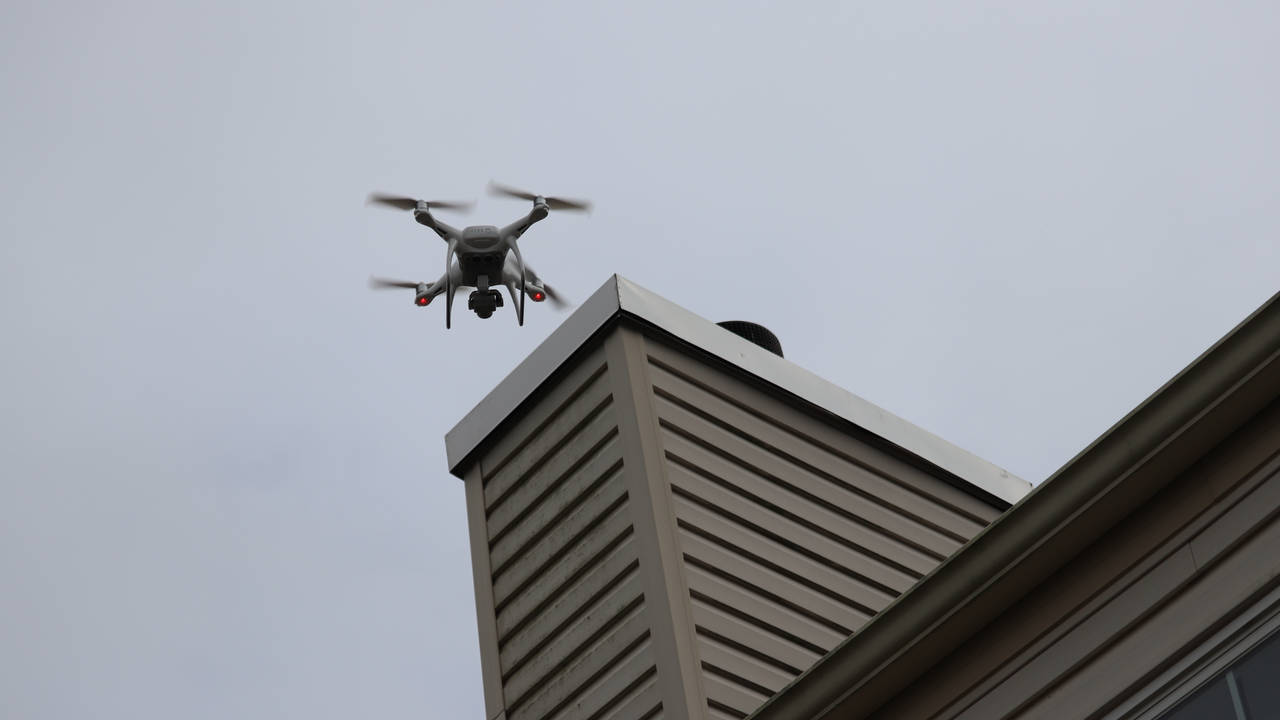The specific home inspection services you’ll need depends on the property’s age, architecture, location, and maintenance history, but it’s important to have a full understanding of the most prominent inspections so you can decide whether they’re right for you.
To give you a more specific snapshot of common types of home inspections that aren’t commonly thought of, we’ve created a list of services that are integral to fully assessing a home’s long-term functionality, durability, and structural integrity:
Pest Inspections
These are home-wide inspections that place emphasis on examining a property’s foundation, basement, crawlspaces, and any other areas where moisture deposits could be present. Pest inspections are not required in every state, but they can become requisite if a home appraiser, acting on behalf of the buyer or their lender, declares the need for one in an appraisal report. Pest inspection reports identify all infestation areas, as well as areas that are at risk.
Chimney Inspections
Home inspectors will assess the degree of exhaust blockage in a chimney, resulting from soot deposits, bird nesting and creosote—a carbon-based, tar-like chemical byproduct of burning wood and fossil fuels. Chimney inspections can be as simple as a mere eye test, or home inspectors can employ drones or other video scanning technology if blockages are suspected deeper in the flue.
Lead-Based Paint Inspections
In 1978, the U.S. government banned the use of lead-based paint during the construction of new homes. Many states even beat the fed to the punch by passing their own bans on the material, but there are still houses today with old, concealed coats of lead-based paint.
If the new, lead-free paint coating remains fully intact, the underlying lead-based coat won’t present the same health risks; but if the newer coat has chipped or cracked in any way that exposes the lead-based layer, those living in such a home would be subject to numerous health issues, especially if any of the inhabitants are young children or pregnant.
This inspection is relatively standard, but highly recommended for homes with peeling paint, as well as those that have undergone—or will undergo—construction. A Lead Inspector or Risk Assessor will collect random samples of dust and paint chips; they’ll also use an X-ray fluorescence (XRF) detector, which emits a primary ray that will alter when in contact with lead molecules.
Soil Inspections
Not one of the first inspections you think of, but very important for homes resting on hillsides and properties prone to complications from soil erosion. Extremely moist soil can expand rapidly due to increased water saturation and retention. Over time, this can cause a property’s foundation to shift unevenly, which is incredibly dangerous for its inhabitants. To nip this in the bud, a state-licensed and registered soil engineer will assess moisture and sewage permeation to assess the structural integrity of septic and home drainage systems.
Square Footage Inspections
These are specialty inspections that are triggered by very specific circumstances, mainly square footage discrepancies between the seller’s listing and the buyer’s appraisal report. Home offers, in part, are submitted and negotiated based on a property’s square footage. As such, even the tiniest differences can result in significant price fluctuation.
Zoning Inspections
Zoning compliance inspections are mostly meant to verify the number of rooms in a residence. Some homes may require only one, while others may need several if they are regularly renovated or expanded. Zoning guidelines will also differ by location, so your specific set of regulations may differ depending on where you’re moving to. Major renovations, like a bathroom reconfiguration or full-scale exterior remodel from your local roofing or siding contractors, may trigger the need for zoning re-inspection, especially if the number of rooms in the newly remodeled home cannot be verified or certified through public records.


Comments(0)